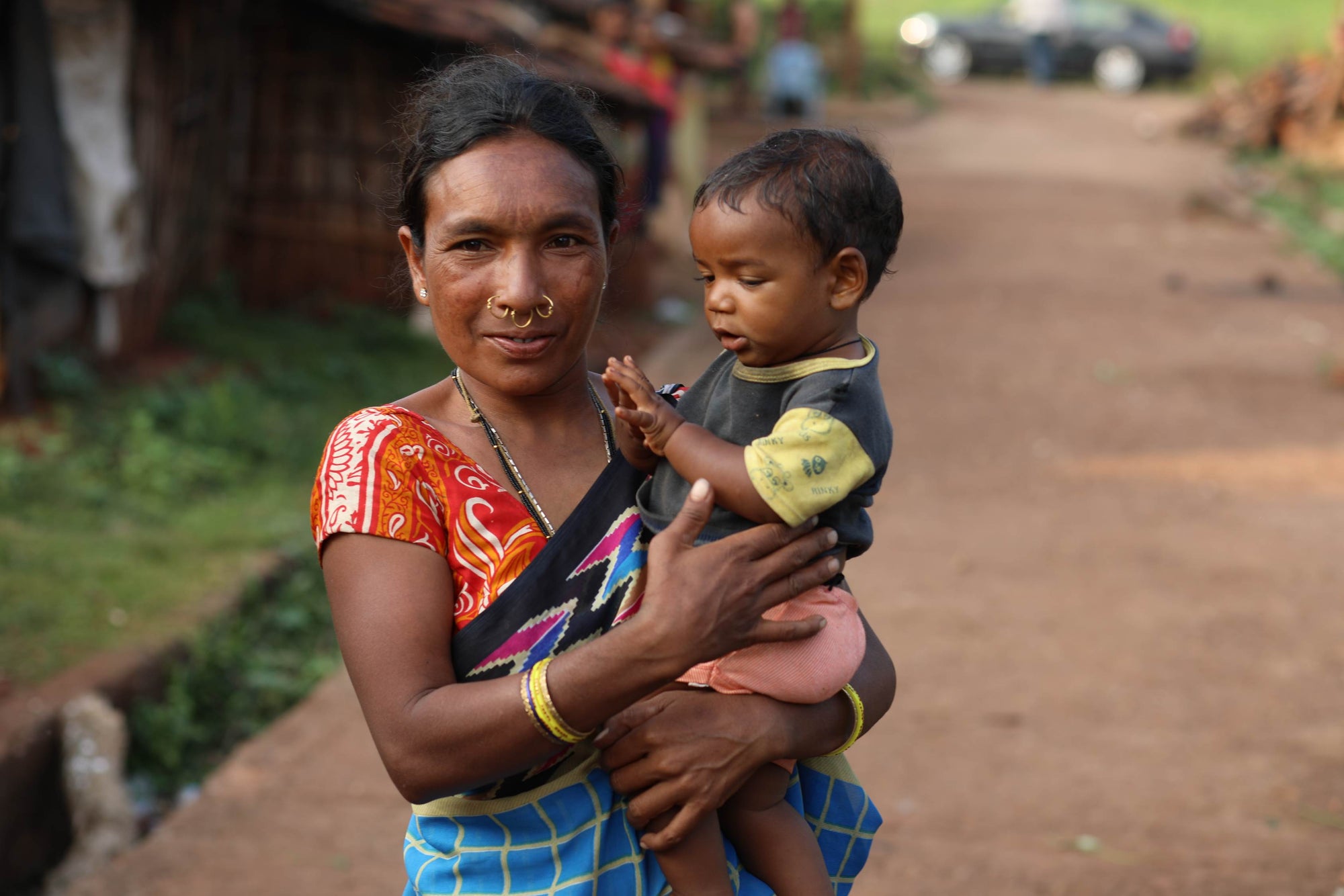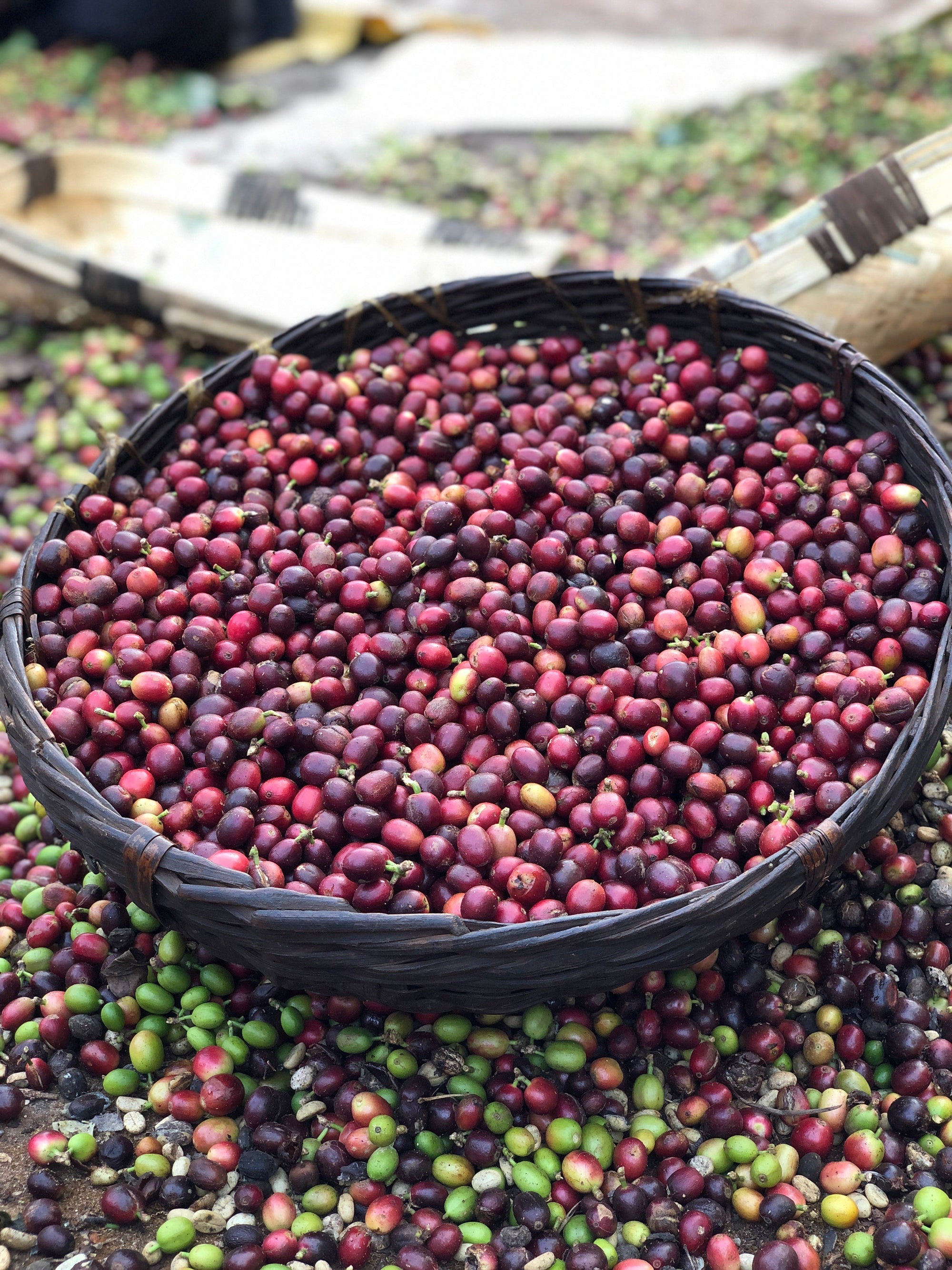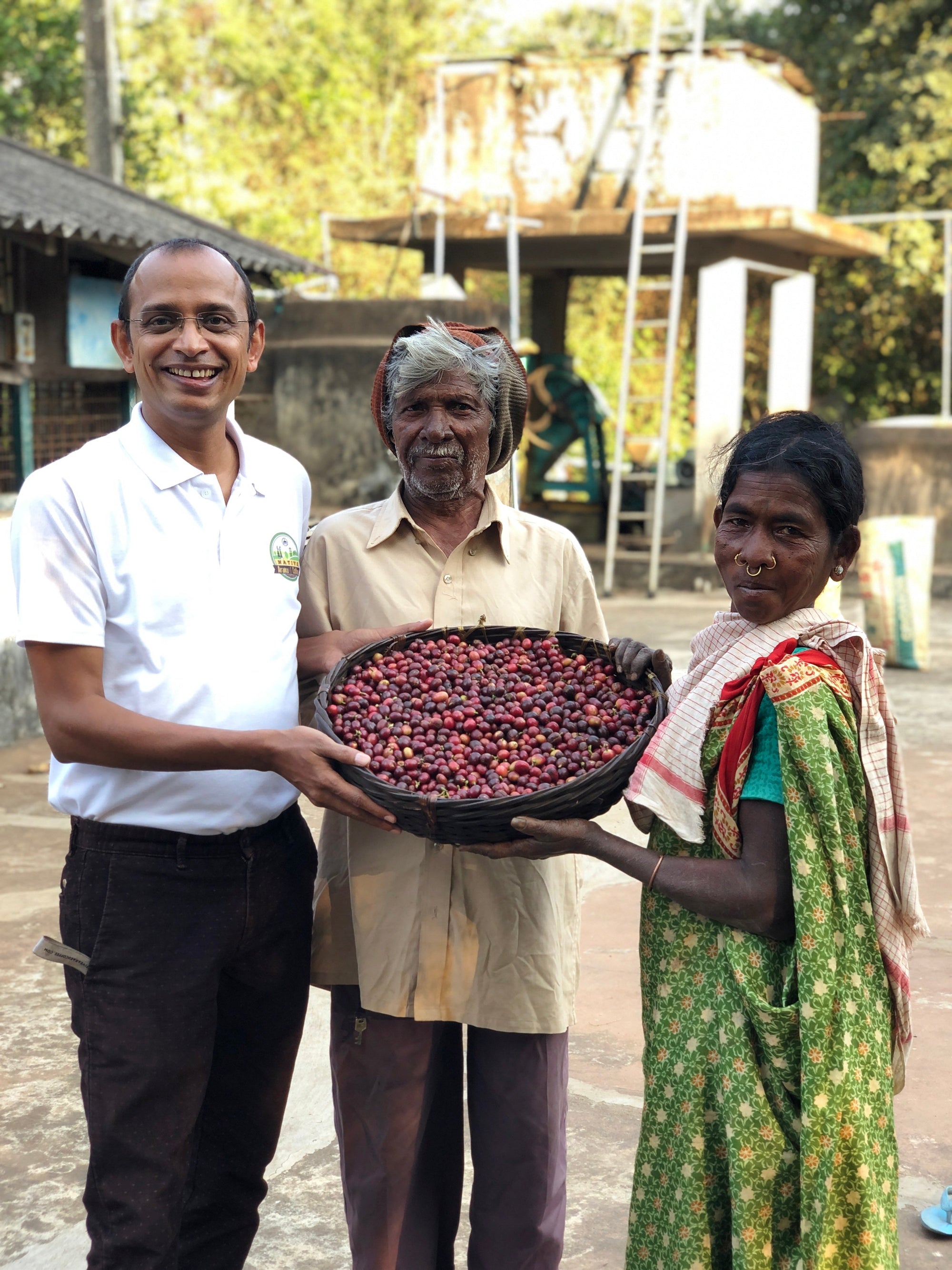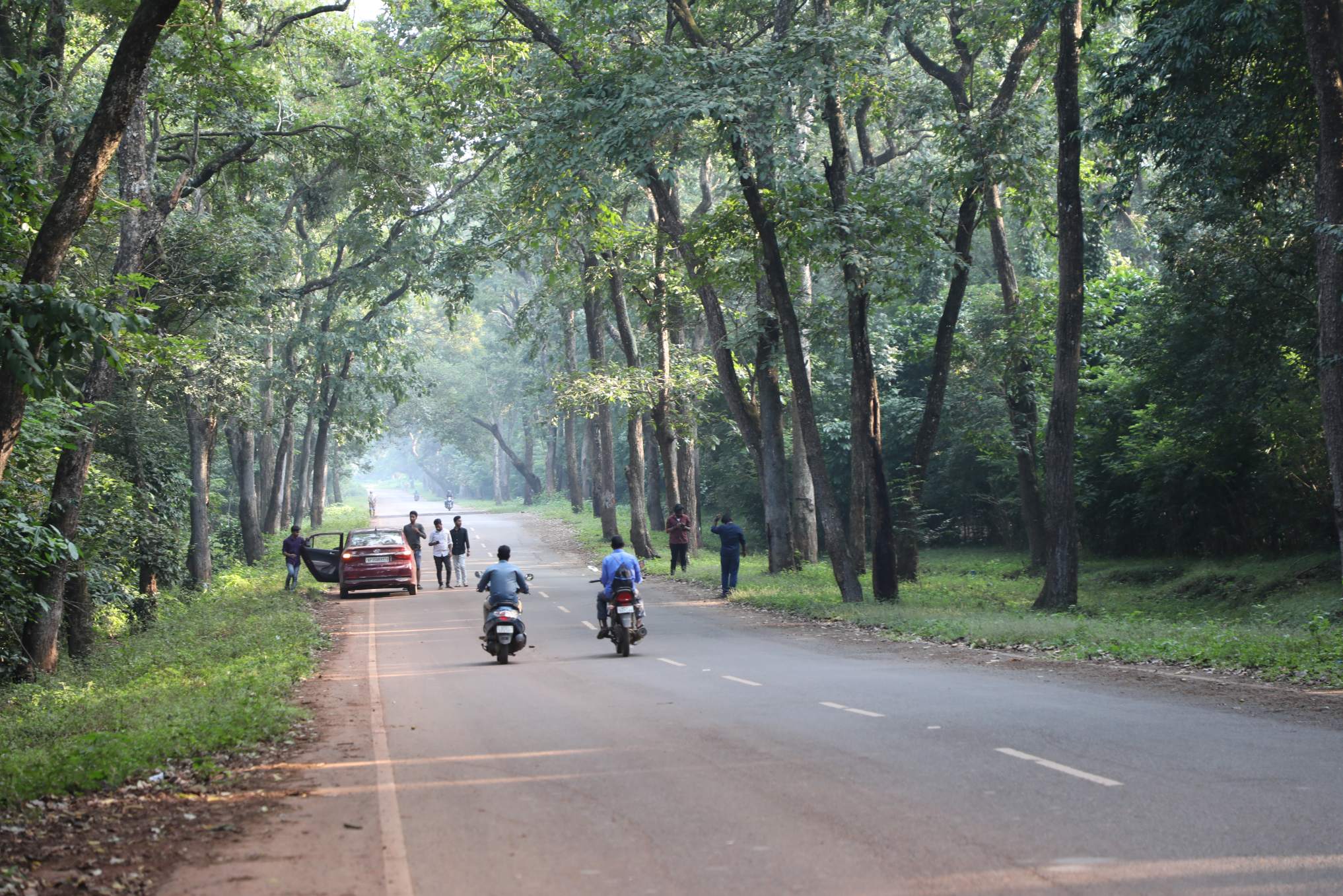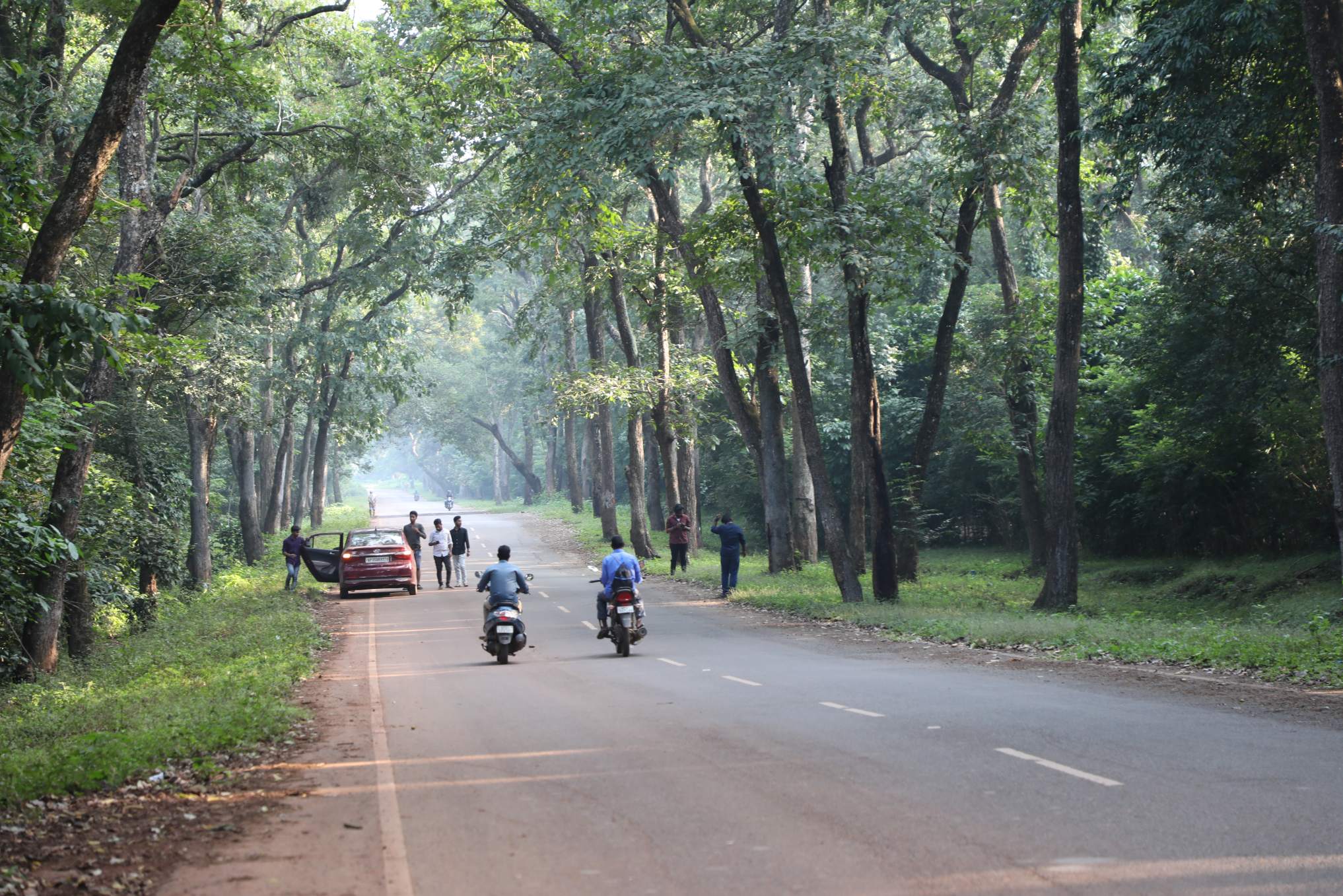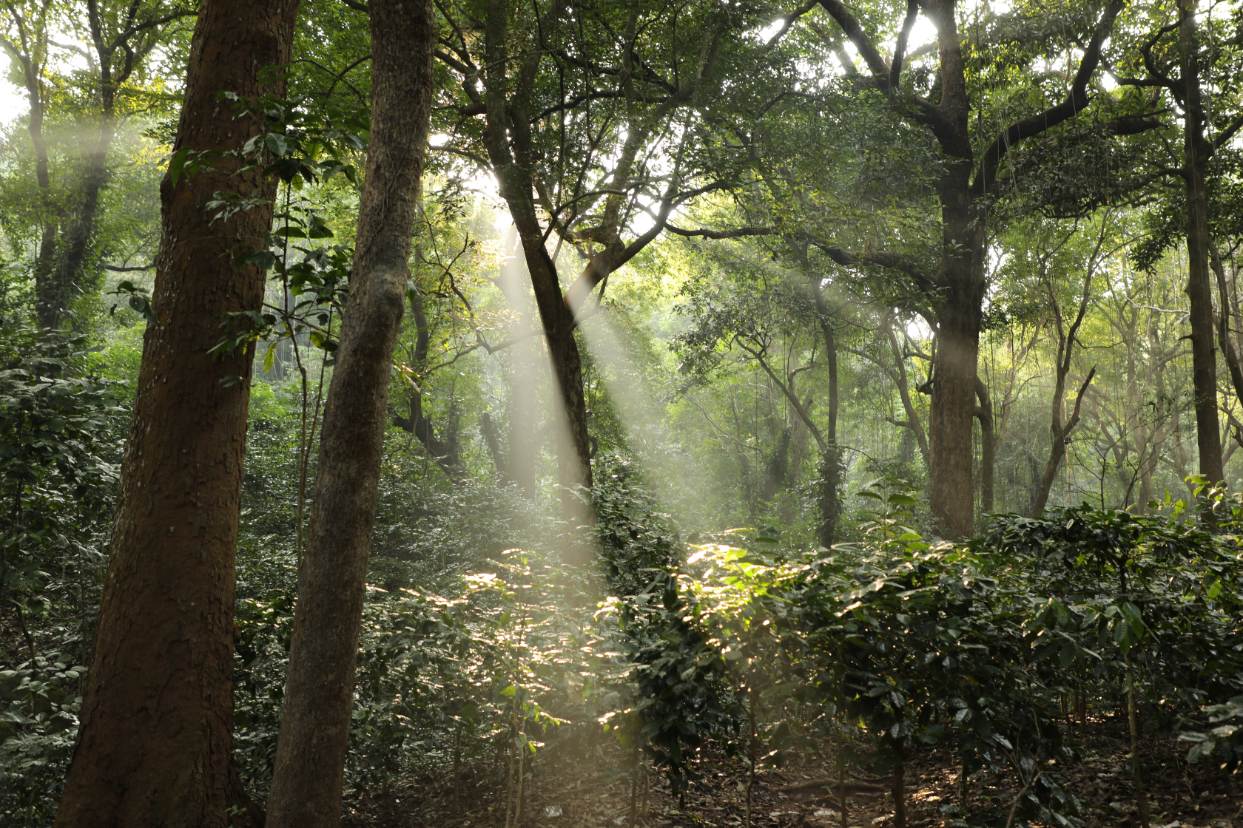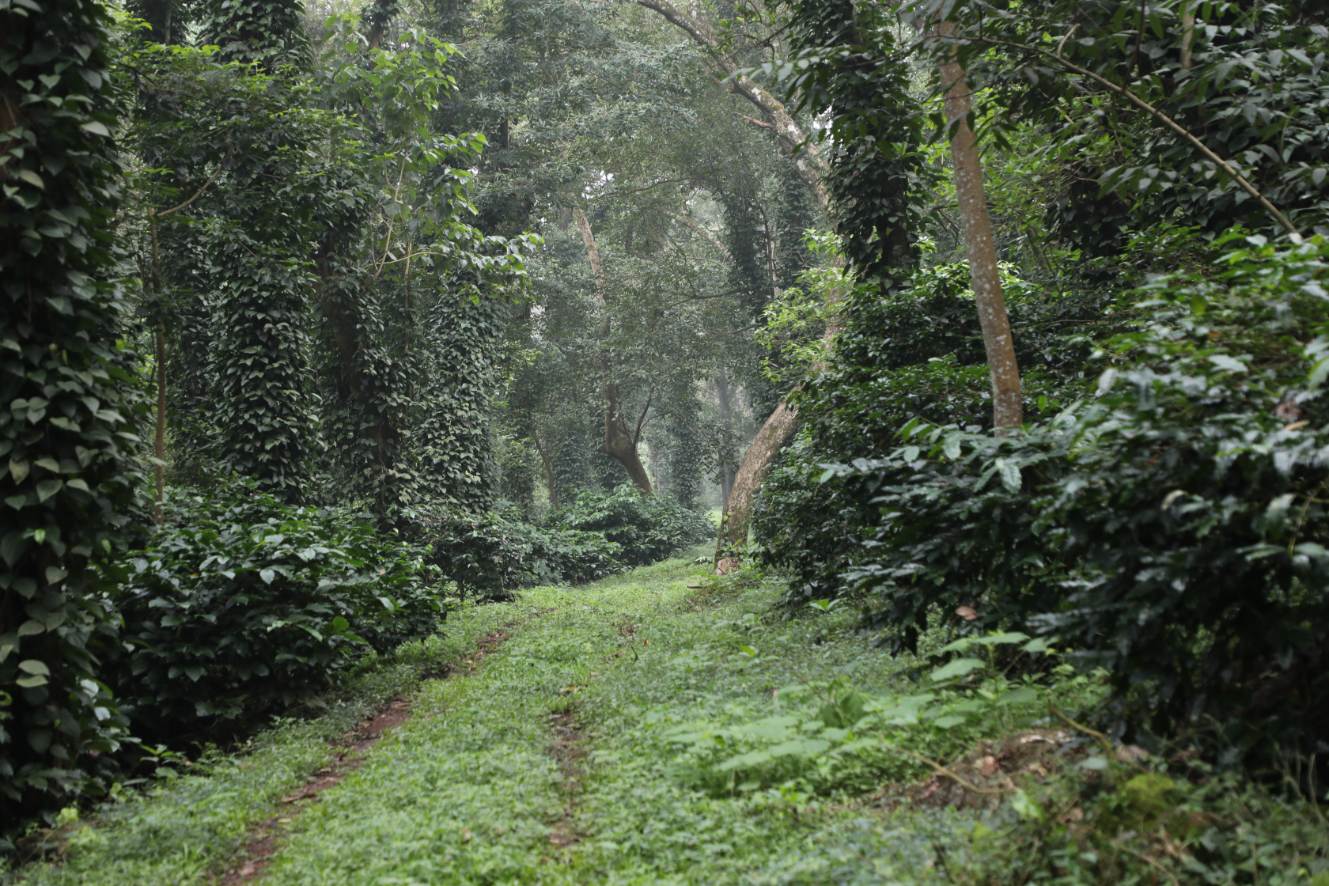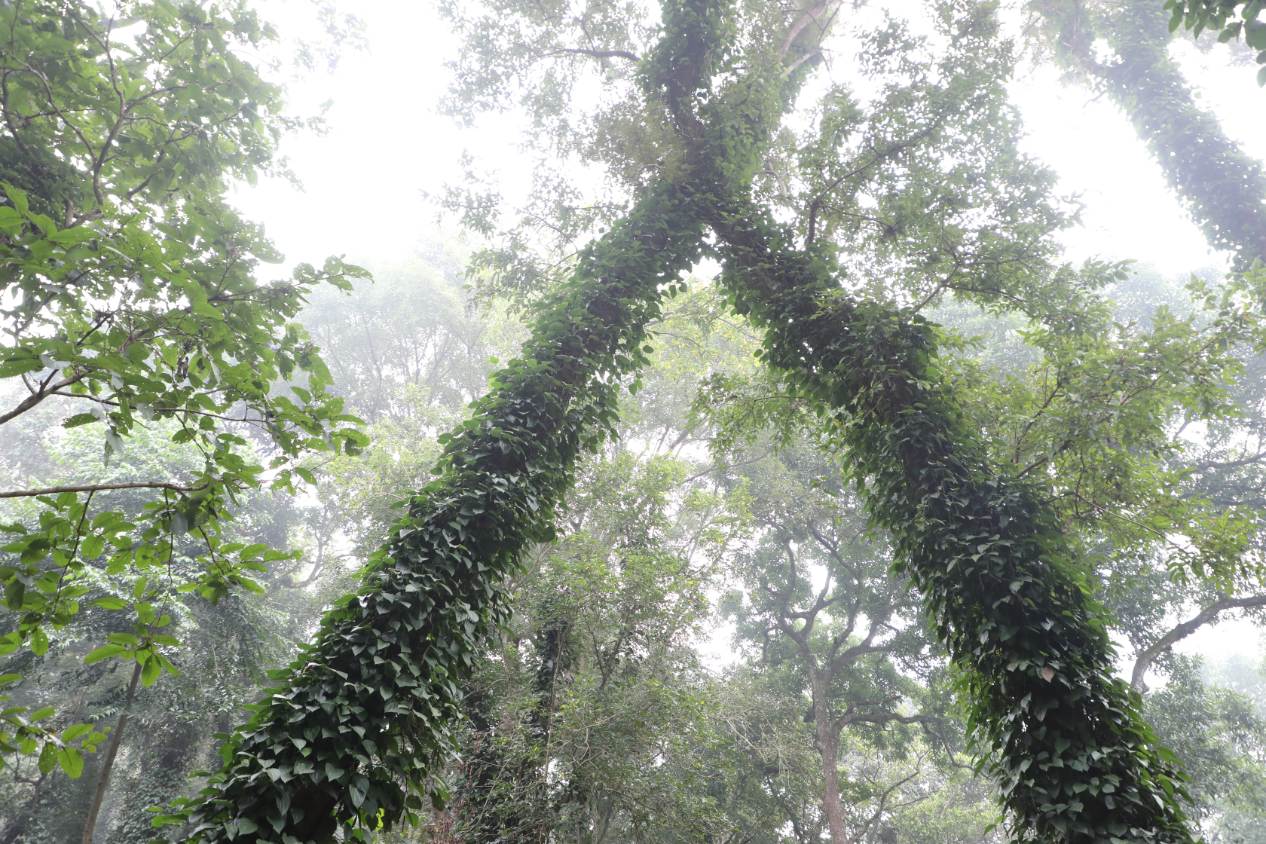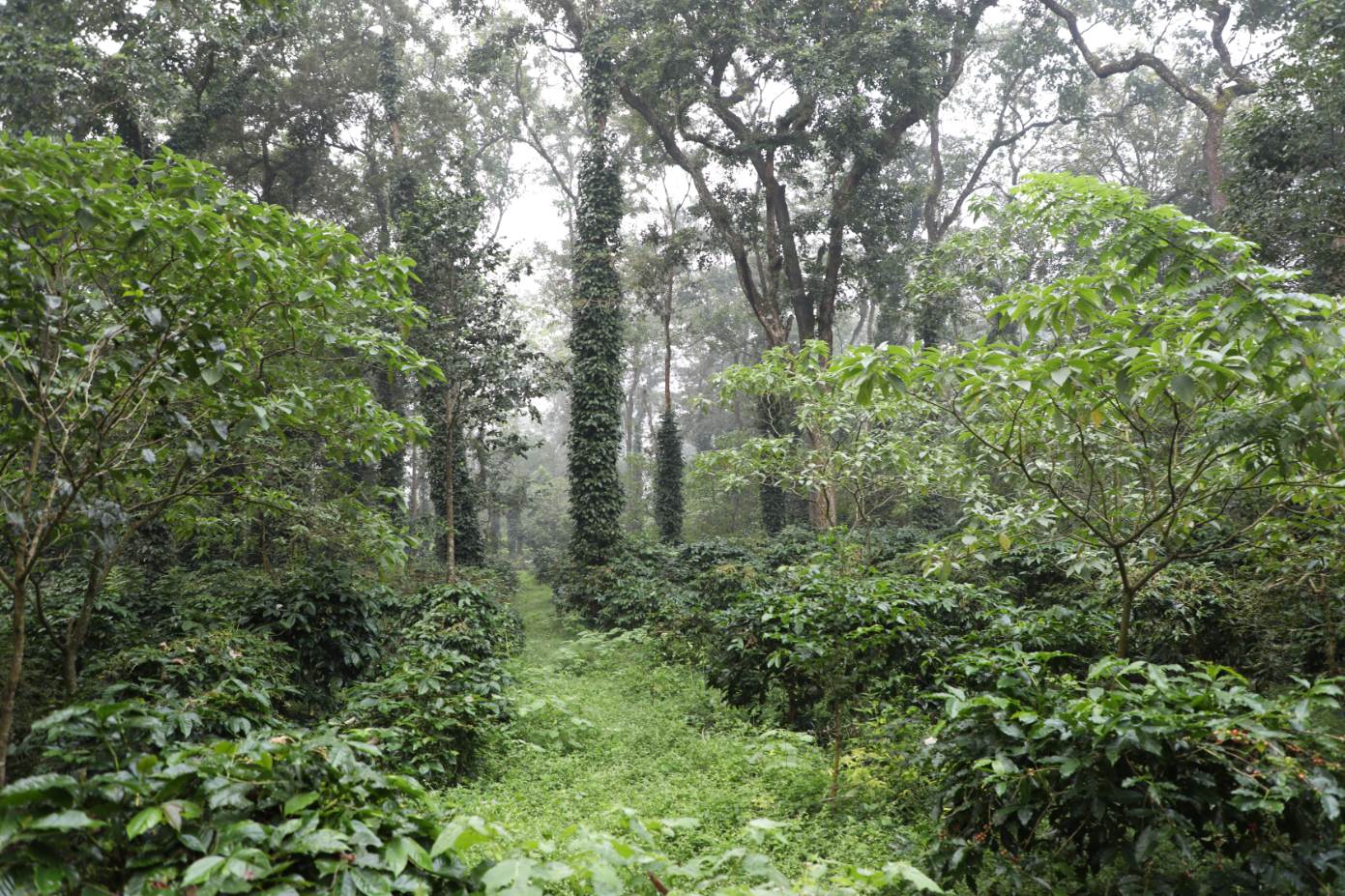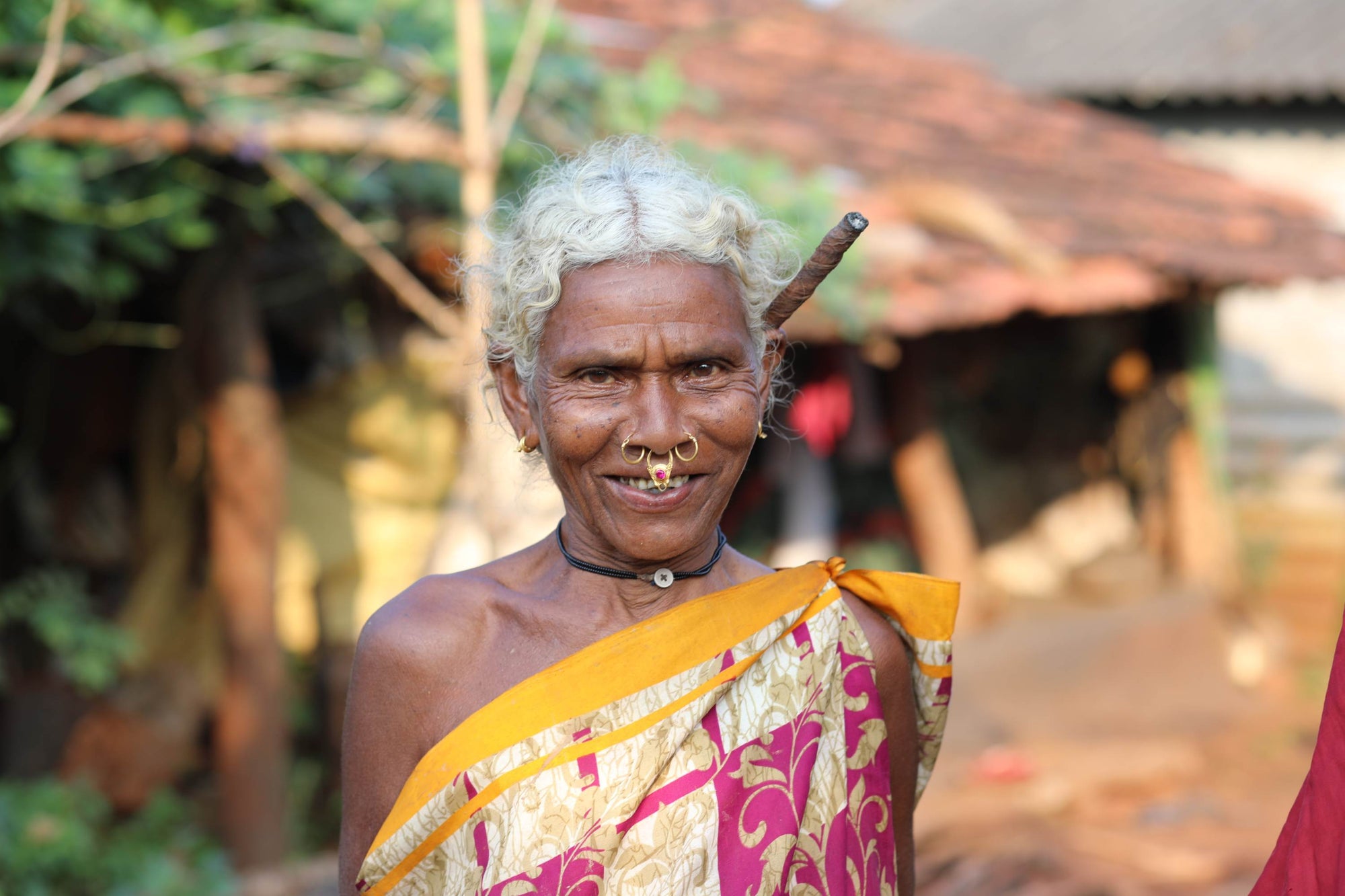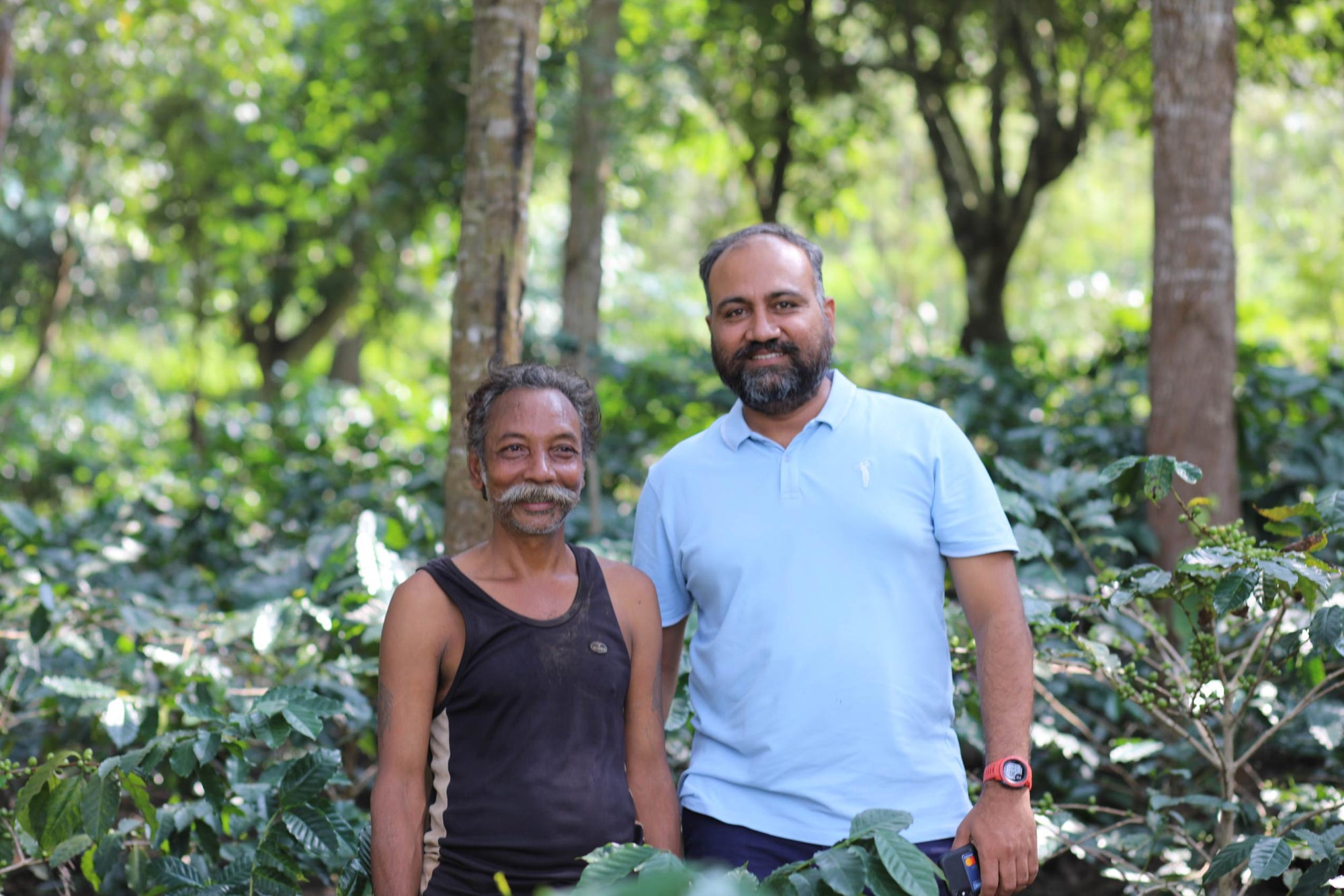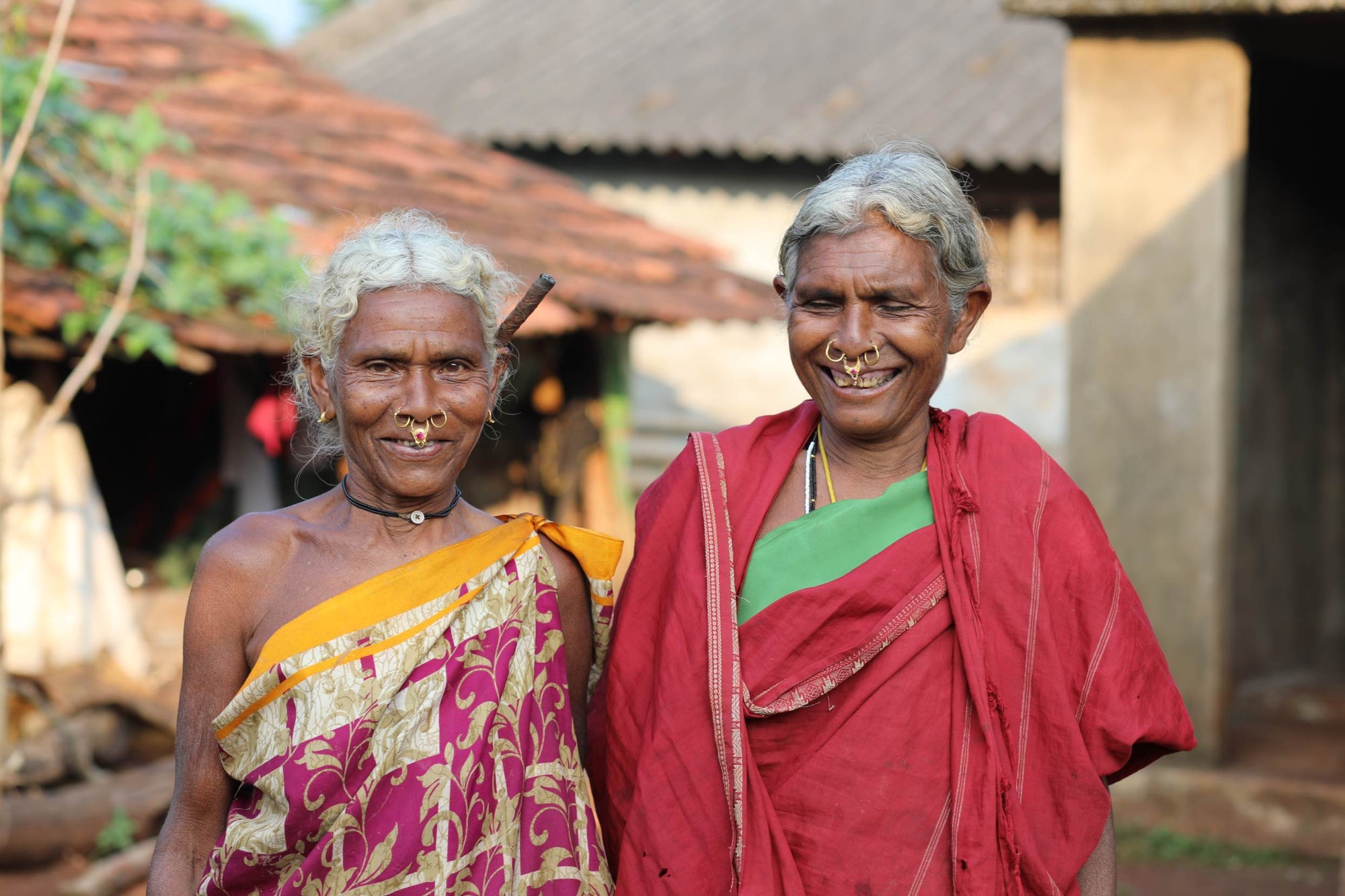TBOF COFFEE
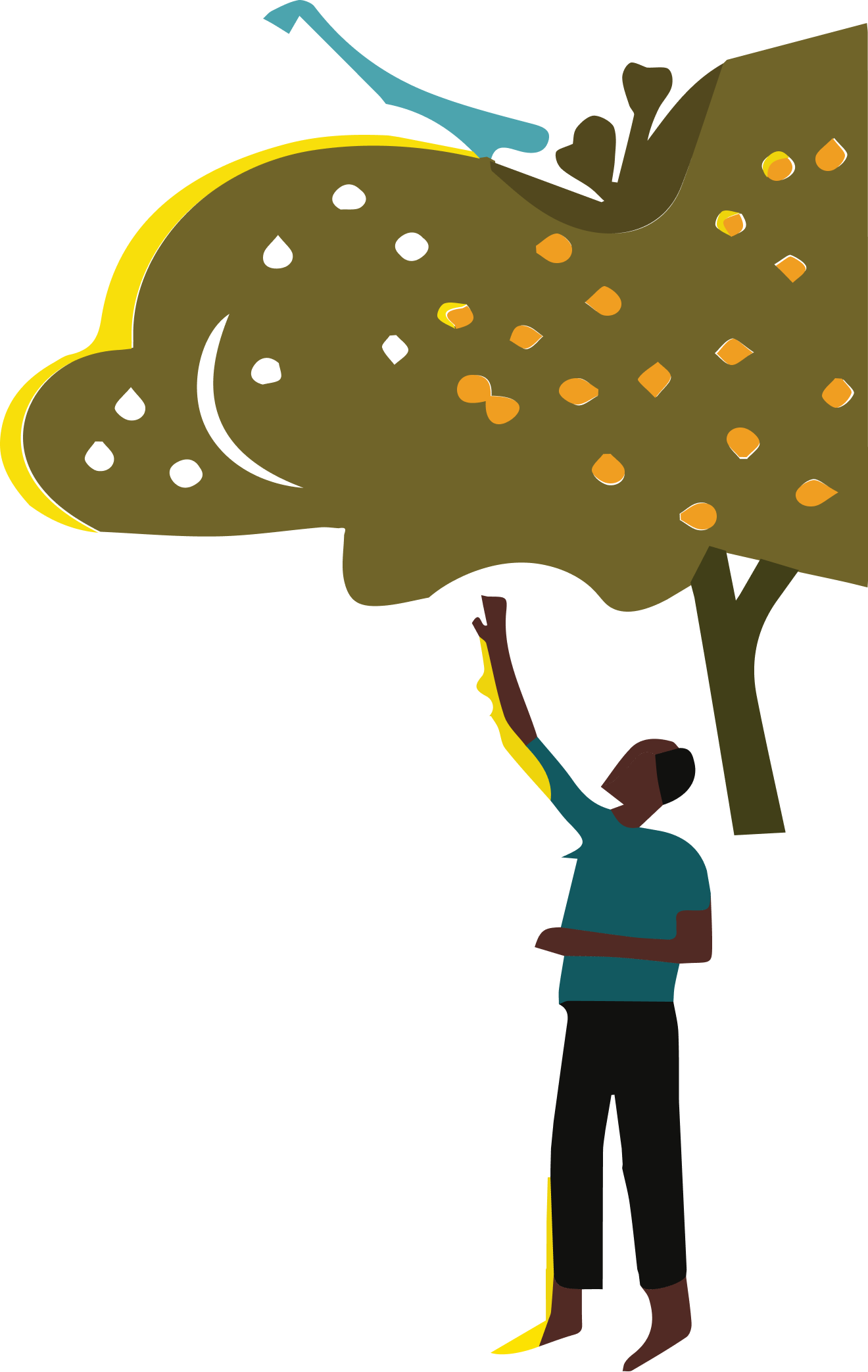
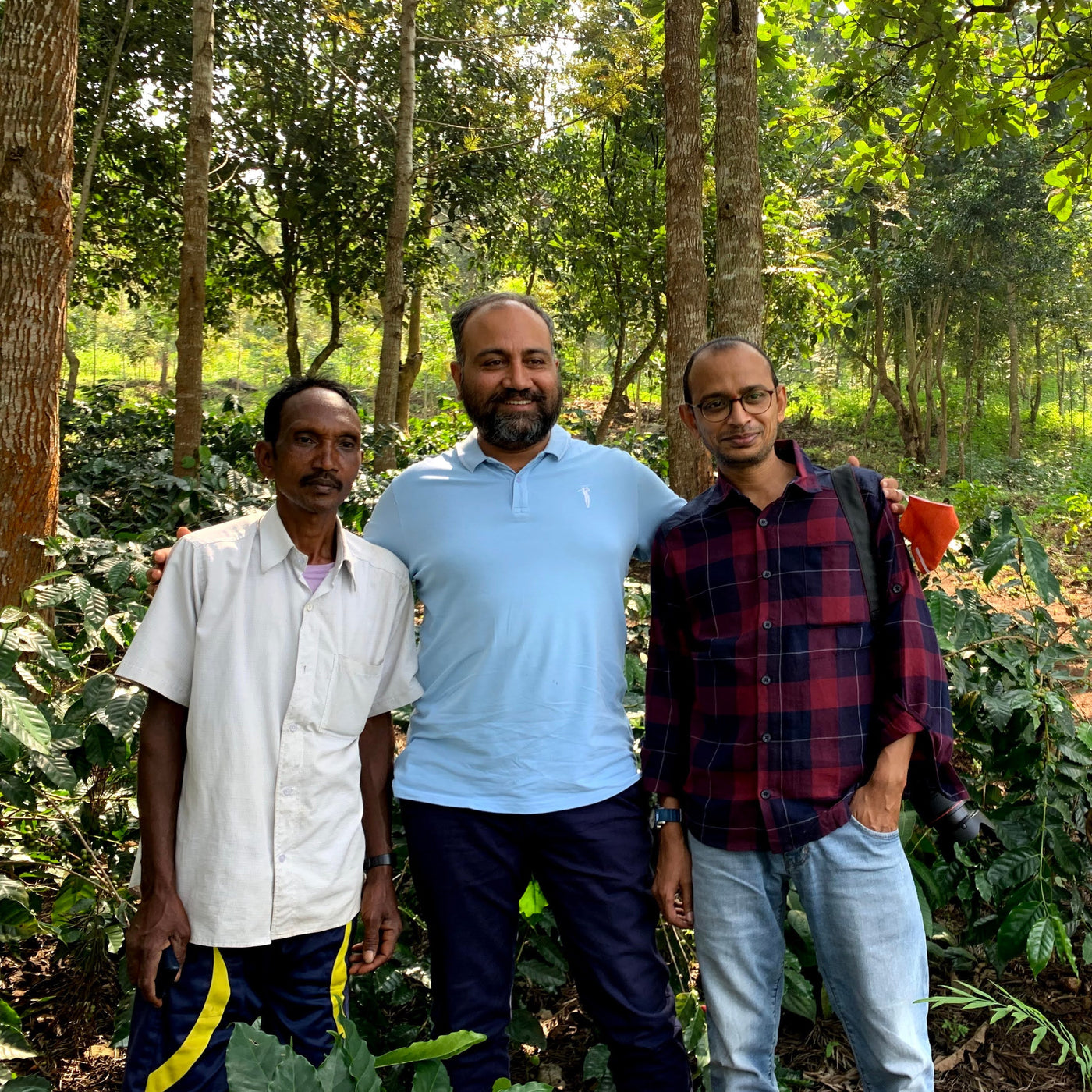
Our Collaboration with Native Araku Coffee (NAC) was born out of our shared passion for quality. When we got to know of the great work that ‘NAC’ was driving around Araku, we packed our bags and set off to witness work happening on the ground.
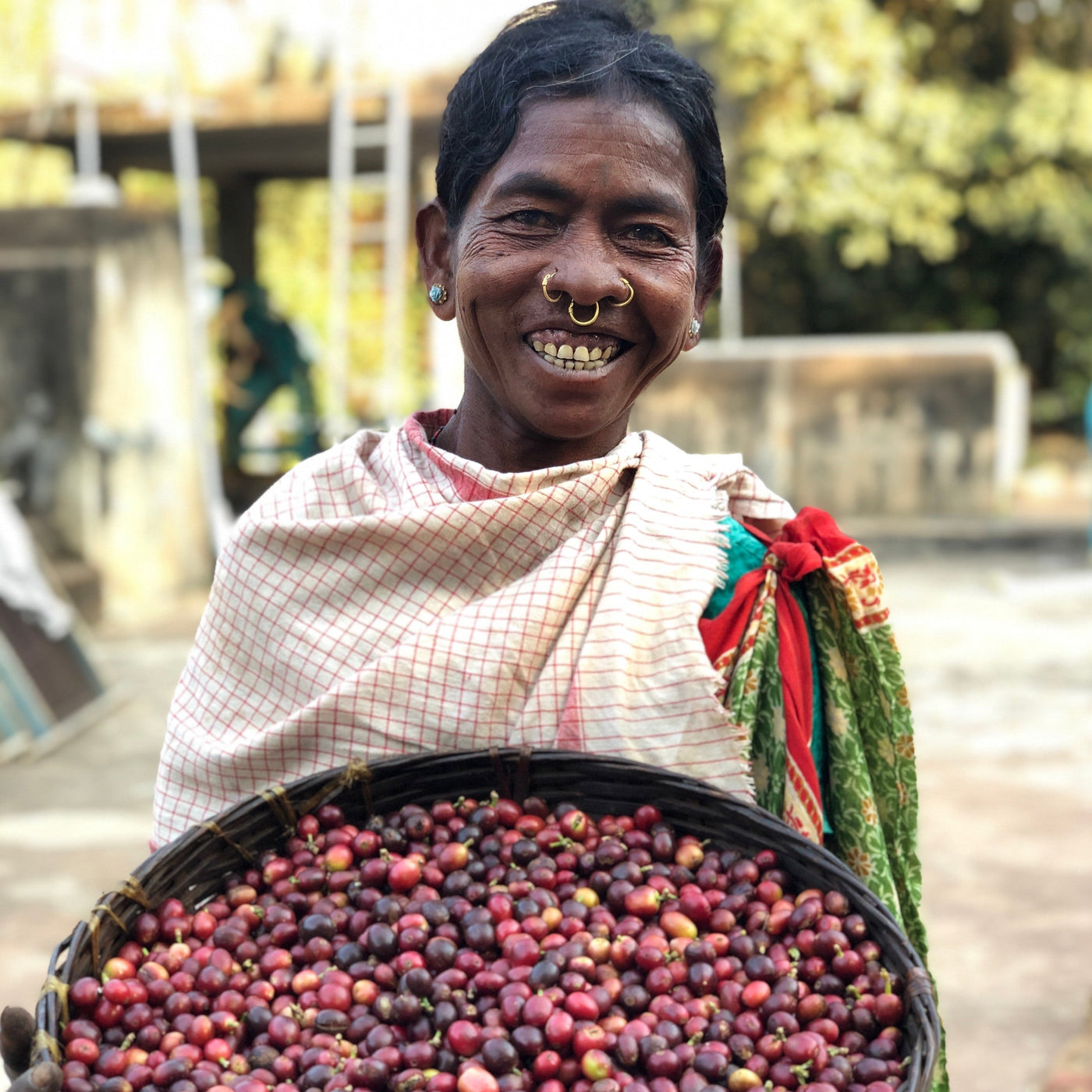
As we drove through the winding roads to enter the lush greenslopes of the Valley where coffee is grown under dense canopies of tall silver Oak and Pepper creepers, we could feel the air change, the tribal women dressed in earthy colours were seen plucking deep red, shining coffee cherries.
Here’s a deep dive into knowing the Coffee you’ll get to buy under the TBOF x NAC collaboration.
Variety - The main variety of coffee growing around the Araku Valley is Arabica. Pepper is the main inter crop, majorly contributing to the livelihoods of the tribals growing Coffee.
Elevation - 800-1400 MSL
Soil & Climate - 100% Naturally grown Organic Coffee. The manure for the plant is the dry leaves which fall down from the tall trees & forms natural manure over time. For over 9 months in a year, the weather here is either rainy or with fog, which helps in the formation of manure naturally. The temperature here ranges from 15 to 25 degree Celsius. Arabica coffee grows well in soils that are deep, porous and crumbly, rich in organic matter, well drained and slightly acidic.
Post harvest process - The harvested wild coffee cherries are processed in 2 variants - Washed coffee & Dry (Cherry) coffee. Majority of the tribals prefer the Cherry dry process due to poor knowledge and because of the time spent for processing washed coffee. Washed coffee comprises about 45% of the production.
Drying - The tribals carry out both Parchment and natural Drying. 80%-85% shade is available at all times and drying is 100% natural process as per the coffee drying methodology.
Moisture - Most tribal coffee farmers understand moisture however they do not have necessary equipment and depend on locally available moisture machines. As per the topographical location the moisture is between 8%-15% based on the process. NAC sources coffee that holds moisture between 10%-11.5%
Storage - The tribals have no mechanism to store coffee. They don’t have godowns for storage and also receive very little to no support from the Government to help them with storage facilities. This is one of the areas where NAC is able to support the tribal farmers.
Roasting - NAC is providing TBOF with custom medium roasted coffee.
Cupping pointers - Light to medium body, pleasant acidity with playful citrus notes of the grapefruit with a mild Jaggery like sweetness.
The cup profiles of Araku Valley coffee are medium body, with medium to sharp acidity. A citrusy flavor carrying an inviting complex combination of intense aroma with spicy afternotes.
The cherry/unwashed/natural Araku Valley Arabica Coffees exhibit a bright fruitiness in taste with a sweet, honey-like (and occasionally a hint of) pleasant winey taste.
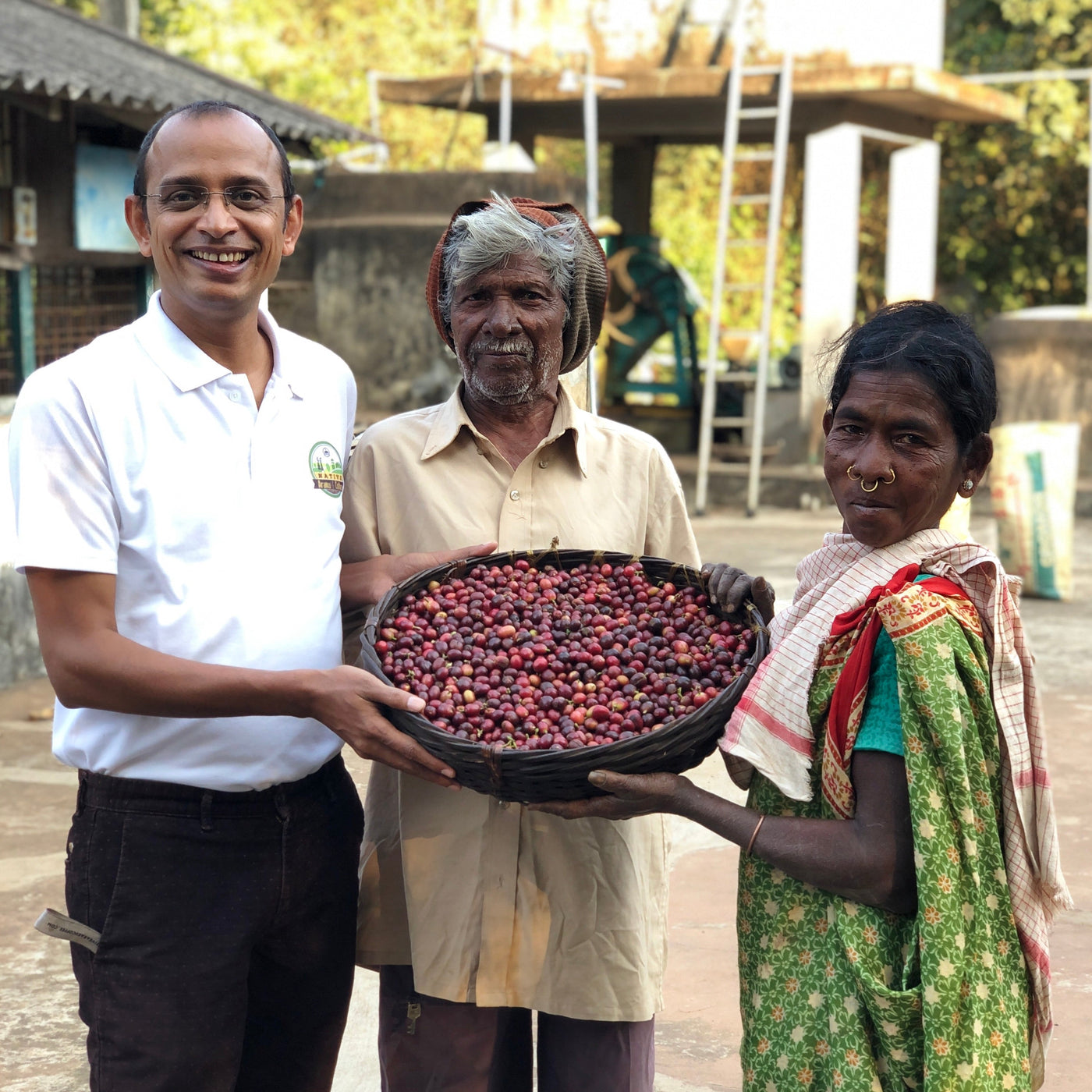
SPECIALTY OR NOT?
The world of Specialty Coffee is rocking now. However, can we call this coffee ‘Indian Specialty Coffee’? Technically no, only because the coffee grown here by the tribals is not put through a grading system . They only sell coffee in bulk consisting of all grades. There are also no graders to really support tribal farmers.




